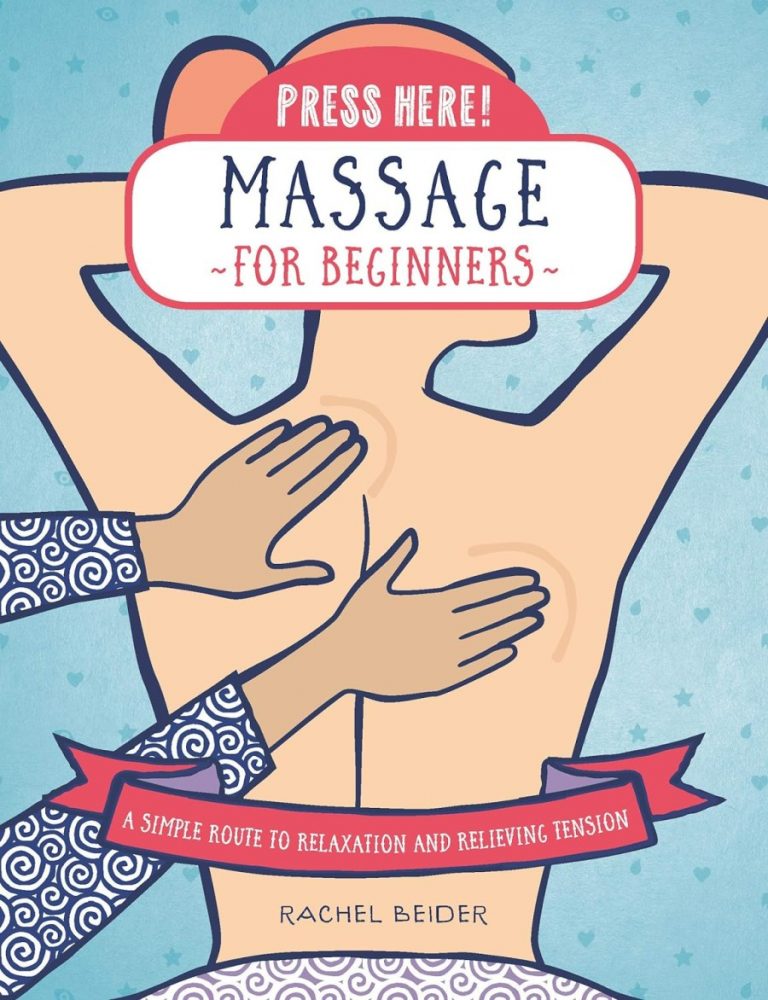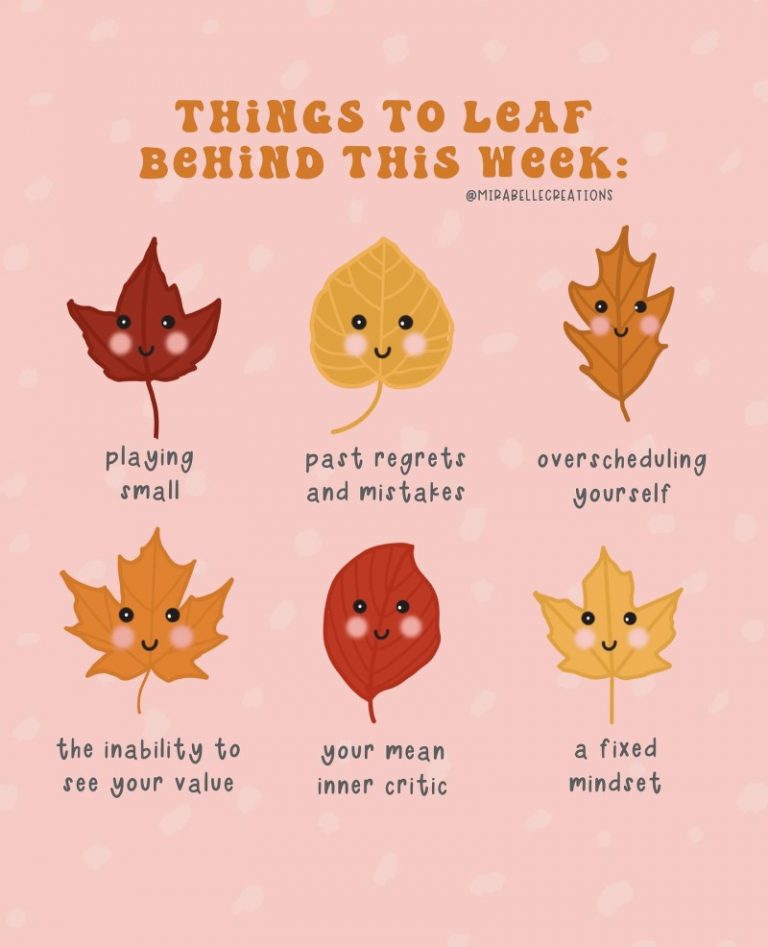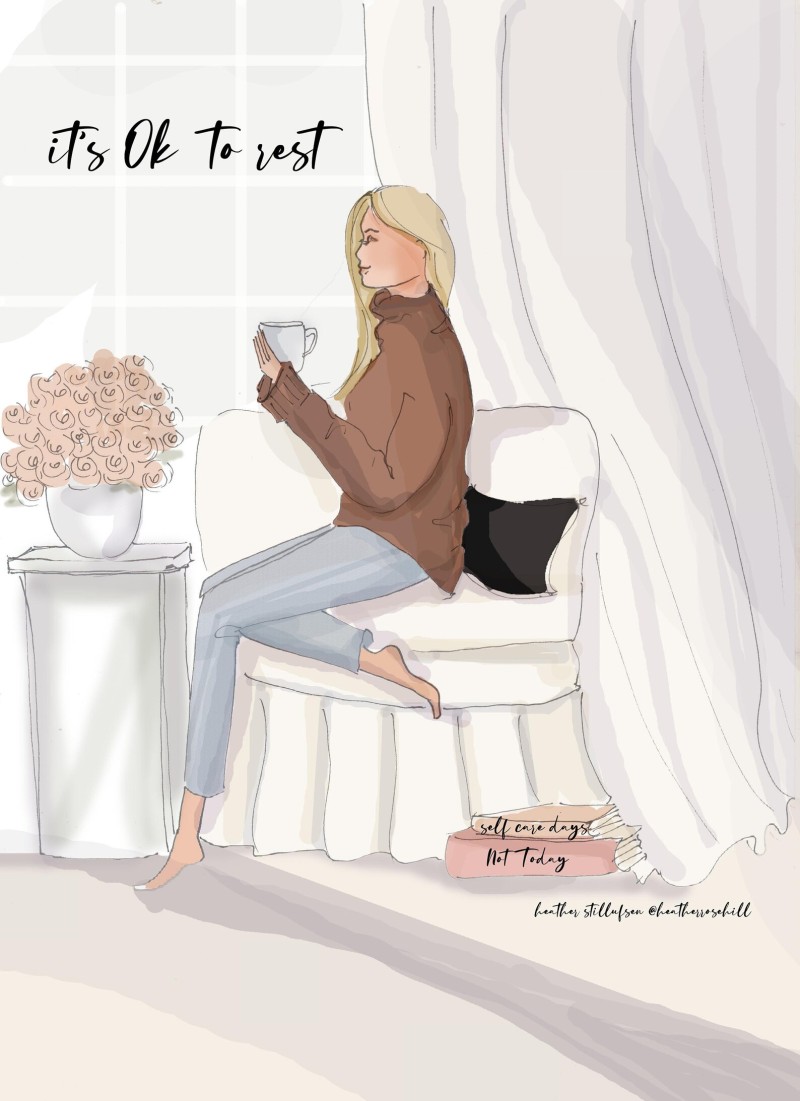
England has millions of people who feel permanently wiped out. Even after a night’s sleep. Busy lifestyles, bright screens and a long to-do list all chip away at energy, as does poor nutrition, not enough exercise, heavy limbs and brain fog. Climbing out of a fatigue well can be simple, with just a few lifestyle changes.
If you feel constant fatigue after healthy lifestyle changes, it’s best to visit your GP for a blood test, to rule out anaemia or other medical issues.
Good Quality Sleep
A good night’s sleep is vital, ideally 7 to 9 hours each night. Your body repairs and your brain rests. It also help you look and feel better, and function better through the day.
Create a calm bedtime routine. Switch off computers and TVs an hour before bed, and read a book, take a warm bath, even have an evening potter around the garden. Try to stick to the same bedtime and waking-up time for a few weeks. And avoid alcohol and cigarettes (these are stimulants that will have you waking up earlier in the morning).
Ensure your bedroom is clean and cosy, and a comfortable temperature (not too hot or cold). And use black-out curtains and an eye mask, if needed.
Park Your To-Do Worries on Paper!
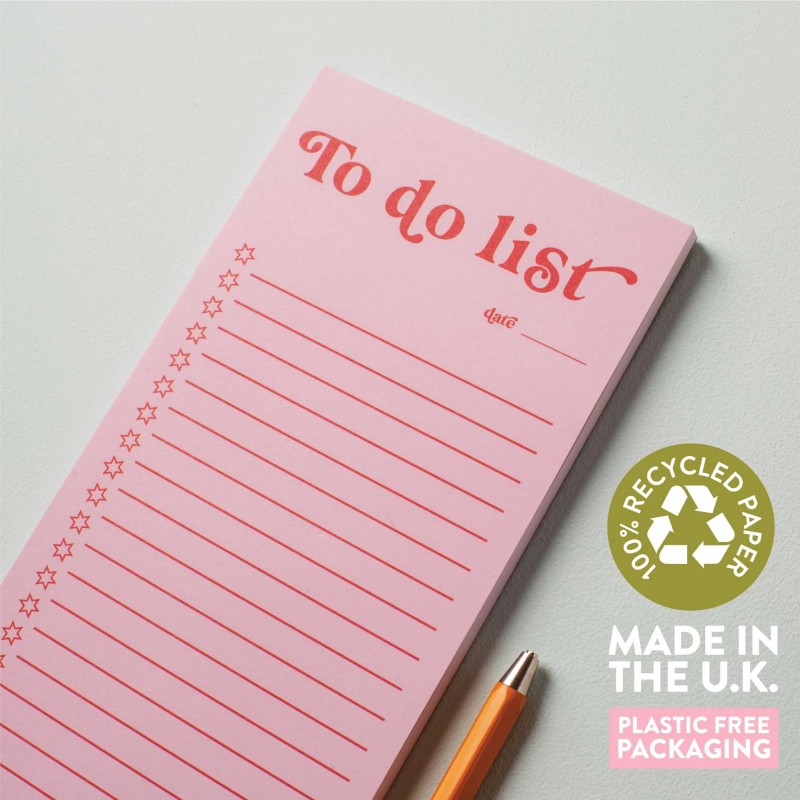
Often people feel stressed and fatigued, because they have a constant ‘monkey chatter’ going on in their heads, on all the things they have to do, which makes them feel tired.
Treat yourself to one of Good Tuesday’s to-do pads (on recycled paper). Beautifully designed, they can inspire you to create small lists that you can plough through slowly, and offloading all the info, can help to clear your mind, and help you feel less ‘brain-tired’.
Fuel Your Body with Nourishing Foods

Food is fuel. If you’re not putting good fuel in the tank, your ‘car’ won’t run. Build meals around whole foods, lean plant proteins (like tempeh), complex carbs, and colourful veg. Add healthy fats for satisfaction and brain health. Sustainable, balanced eating wins every time.
Hydration matters as much as meals. Even mild dehydration can cause tiredness, headaches, dry mouth, and poor focus. Water supports blood flow and temperature control, both key for energy.
Choose Energy-Boosting Meals Throughout the Day
Structured meals keep energy smooth.
- Breakfast: Oats with plant milk or yoghurt, topped with berries and seeds. Beans on wholegrain toast with tomatoes. Smoothie with spinach, banana, oats, and peanut butter.
- Lunch: Marinated tofu or beans with quinoa and a big salad. Wholegrain wrap with vegan tuna, crunchy veg, and hummus. Soup with lentils and a slice of wholegrain bread.
- Dinner: Tempeh, brown rice, and greens. Tempeh chilli with beans and peppers. Stir-fry with tofu, mixed veg, and noodles.
- Smart snacks: Apple and almonds, Greek-style vegan yoghurt with fruit, carrot sticks with hummus, wholegrain crackers with vegan cheese.
Keep portions moderate. Large, heavy meals can cause a slump as blood flows to the gut. Aim for balance on the plate, not perfection.
Stay Hydrated to Keep Fatigue at Bay
- Aim for 6 to 8 glasses a day, more if active or in hot weather.
- Keep a bottle nearby, sip often, refill mid-morning and mid-afternoon.
- Add flavour with lemon, mint, cucumber, or berries if plain water bores you.
- Watch for signs of mild dehydration, darker urine, dry mouth, headache.
- Avoid alcohol. This is a sure way to make you feel tired the next day.
Keep caffeine from tea and coffee early in the day (avoid for pregnancy/nursing).
Incorporate Movement and Relaxation
Movement builds energy, not just fitness. It improves circulation, balances mood, and helps you sleep more deeply. You do not need long gym sessions. Gentle exercise like walking or cycling is enough to shift how you feel.
Stress drains energy like a slow leak. When stress runs high, cortisol stays elevated, and sleep suffers. Quick stress tools calm the nervous system and help your body switch from alert to rest.
Start with Simple Daily Exercises
- A brisk walk, ten minutes after meals, boosts blood flow and clears the head.
- Stretching in the morning or evening eases stiffness and improves posture.
- Light strength work, bodyweight squats, wall push-ups, or resistance bands, helps stabilise joints and supports daily tasks.
- Gentle yoga links breath and movement, which settles the mind.
Practice Quick Stress-Reduction Techniques
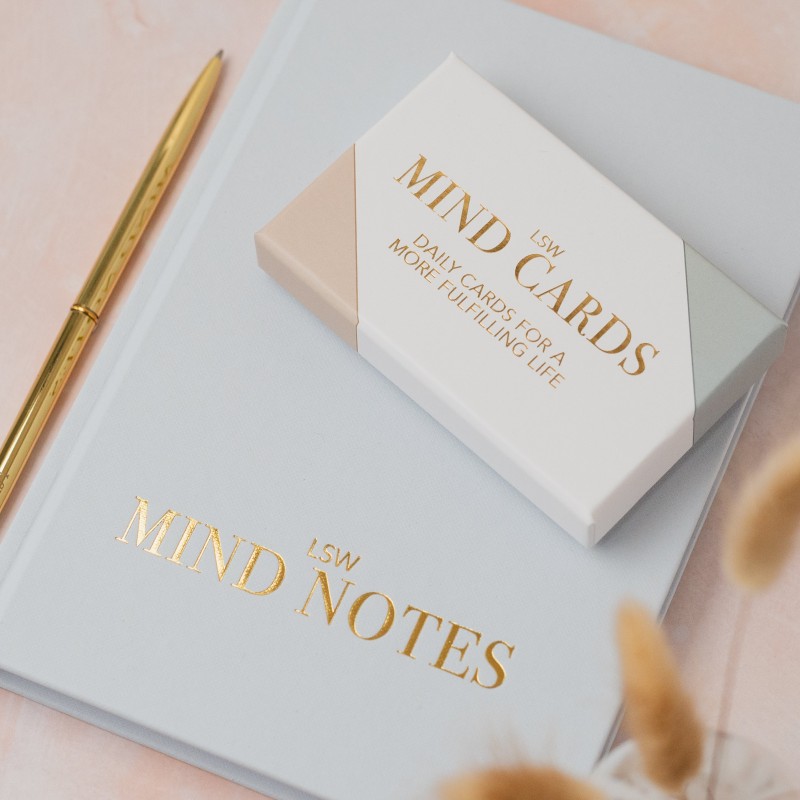
- Deep breathing: Try 4-6 breathing, breathe in for four, out for six, for two minutes. It steadies the heart.
- Mindfulness: Five to ten minutes of guided practice can ease tension. Short, regular sessions work best.
- Journaling: Note three wins or three worries, then write one next step. This clears rumination and restores control.
- Micro-breaks: Stand, stretch your chest and neck, look out a window, and reset your shoulders. Repeat every hour.
Getting Things Done, When Fatigued

Rest-Do Days is a practical guide to finding a balance between resting and doing, so you can recharge your energy, while doing things important to you. It’s aimed at people with MS, rheumatoid arthritis, lupus, vasculitis, Parkinson’s and other chronic autoimmune diseases. By an occupational therapist.



